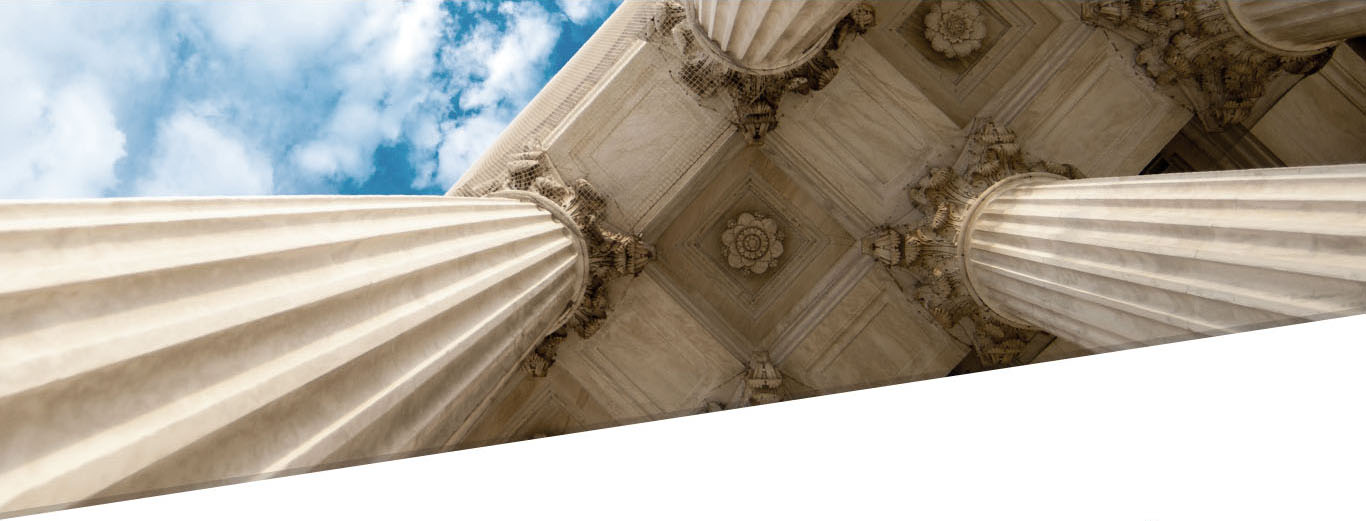It is not easy to enter into the profession of law. One must go through three years of rigorous academic training, endure the difficult bar exam, and pass an ethics panel interview to determine that the applicant requesting admission into the profession possesses integrity, honesty, and good moral character. The panel looks for candor in the applicants, and goes through a lengthy investigation to ensure fitness for membership of the bar.
Matter of Application of Cesar Adrian Vargas for Admission to the Bar of the State of New York (2015 NY Slip Op 04657)
It is not easy to enter into the profession of law. One must go through three years of rigorous academic training, endure the difficult bar exam, and pass an ethics panel interview to determine that the applicant requesting admission into the profession possesses integrity, honesty, and good moral character. The panel looks for candor in the applicants, and goes through a lengthy investigation to ensure fitness for membership of the bar. The profession of law is “limited to a few persons of good moral character, with special qualifications ascertained and certified after a long course of study” (Matter of Co-operative Law Co., 198 NY 479, 483). In fact, lawyers comprise less than 1% of the total U.S. population.
The Second Department of the New York Appellate Division recently heard a case concerning whether a bar applicant’s undocumented immigration status should have a bearing on the issue of moral character for purposes of admission into the profession. The individual first entered the country from Mexico without lawful documentation at age five with his mother and his siblings. He had lived with his family in New York City since, attended school through the public school system, and remained in New York City where he completed college and law school. During law school, he devoted himself to public interest internships and passed the bar exam after he graduated.
The applicant made honest and necessary disclosures on his bar application. He revealed that he was undocumented, and that had submitted a Deferred Action for Childhood Arrivals with the U.S. Department of Homeland Security. Upon investigation, the Character and Fitness committee found that he appeared “to have stellar character,” but the issue was left open whether he was eligible for admission into the law profession because he was an undocumented immigrant.
After a lengthy discussion and analysis, the Court ultimately found that the applicant’s immigration status had no bearing on his moral character or honesty, since the applicant demonstrated candor and honesty by disclosing his undocumented status. The Court cited similar cases in California and Florida that reached the same outcome. The Court also determined that immigration status alone is not relevant to a person’s propensity for truthfulness.
In New York, decisions concerning admission to the bar are made by the judiciary branch, as lawyers are, in the words of the esteemed Chief Judge Benjamin Cardozo, “officer[s] of the court, and, like the court itself, an instrument or agency to advance the ends of justice.”
Click here to read the case.








